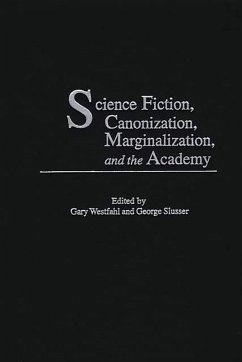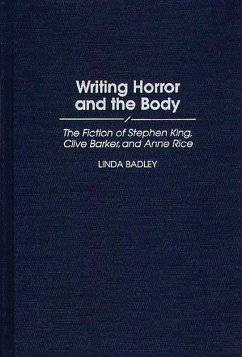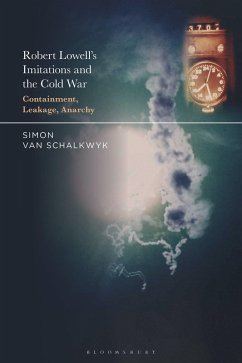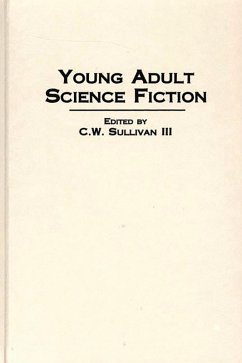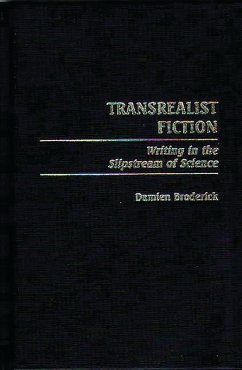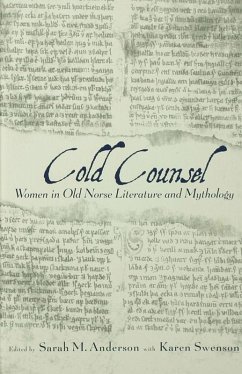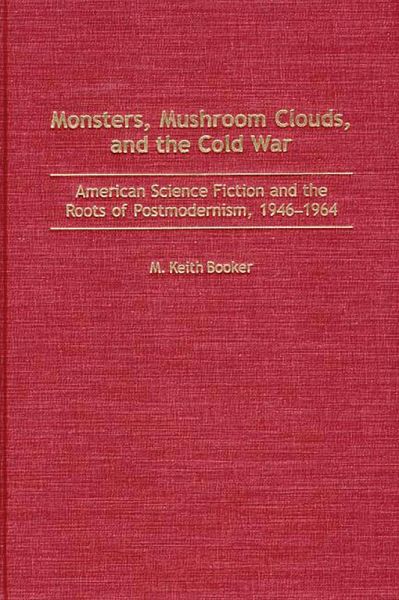
Monsters, Mushroom Clouds, and the Cold War (eBook, PDF)
American Science Fiction and the Roots of Postmodernism, 1946-1964
Versandkostenfrei!
Sofort per Download lieferbar
58,95 €
inkl. MwSt.
Weitere Ausgaben:

PAYBACK Punkte
29 °P sammeln!
The 1950s are widely regarded as the golden age of American science fiction. This book surveys a wide range of major science fiction novels and films from the long 1950s--the period from 1946 to 1964--when the tensions of the Cold War were at their peak. The American science fiction novels and films of this period clearly reflect Cold War anxieties and tensions through their focus on such themes as alien invasion and nuclear holocaust. In this sense, they resemble the observations of social and cultural critics during the same period. Meanwhile, American science fiction of the long 1950s also ...
The 1950s are widely regarded as the golden age of American science fiction. This book surveys a wide range of major science fiction novels and films from the long 1950s--the period from 1946 to 1964--when the tensions of the Cold War were at their peak. The American science fiction novels and films of this period clearly reflect Cold War anxieties and tensions through their focus on such themes as alien invasion and nuclear holocaust. In this sense, they resemble the observations of social and cultural critics during the same period. Meanwhile, American science fiction of the long 1950s also engages its historical and political contexts through an interrogation of phenomena, such as alienation and routinization, that can be seen as consequences of the development of American capitalism during this period. This economic trend is part of the rise of the global phenomenon that Marxist theorists have called late capitalism. Thus, American science fiction during this period reflects the rise of late capitalism and participates in the beginnings of postmodernism, described by Frederic Jameson as the cultural logic of late capitalism.




